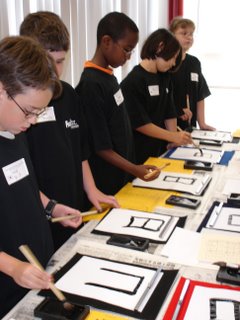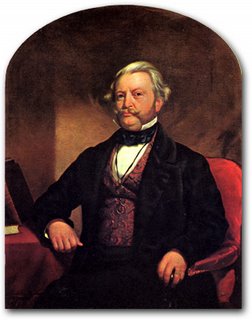A 139-page business guide to Japan, prepared by the US Embassy in Tokyo, is now on-line.
The report, called the "Country Commercial Guide Japan 2006," says that U.S. firms will find excellent markets for their goods and services in Japan across a broad range of sectors.
-- Financial services will continue to be a growth area as Japan works through its banking problems and attempts to make its capital markets more efficient.
-- Firms in the energy business will find new opportunities as Japan deregulates its power generation market and studies the privatization of the national oil exploration company.
-- Japan's population is aging, and there are growing opportunities in the "silver services" sector, services for the increasingly healthy, affluent seniors.
-- Japan’s government has an ambitious program to increase the use of information technologies throughout Japanese society, which will open up new opportunities for U.S. suppliers of IT equipment and services.
The Embassy says that Japan’s consumers are rich, sophisticated and highly diverse in their interests and tastes, and U.S. firms that can find a way to cater to those tastes and interests will find that the world’s second largest market can be very profitable.
To download the report, go to
http://buyusainfo.net/docs/x_5818157.pdf


